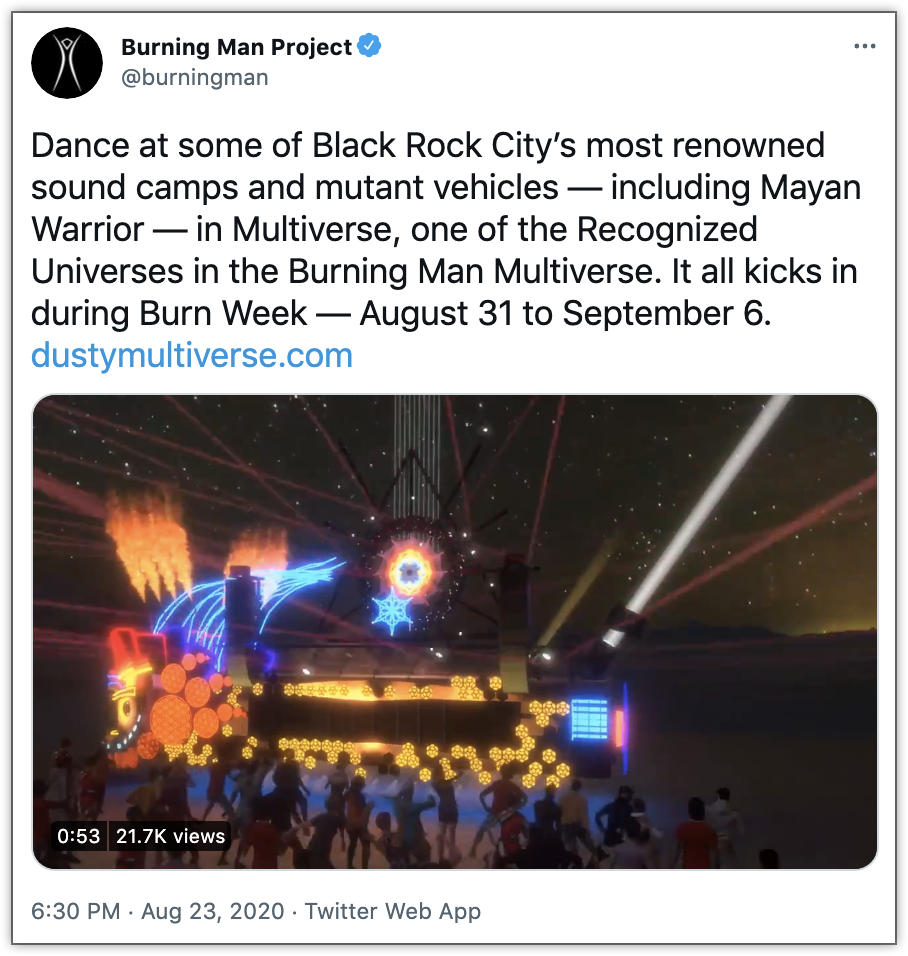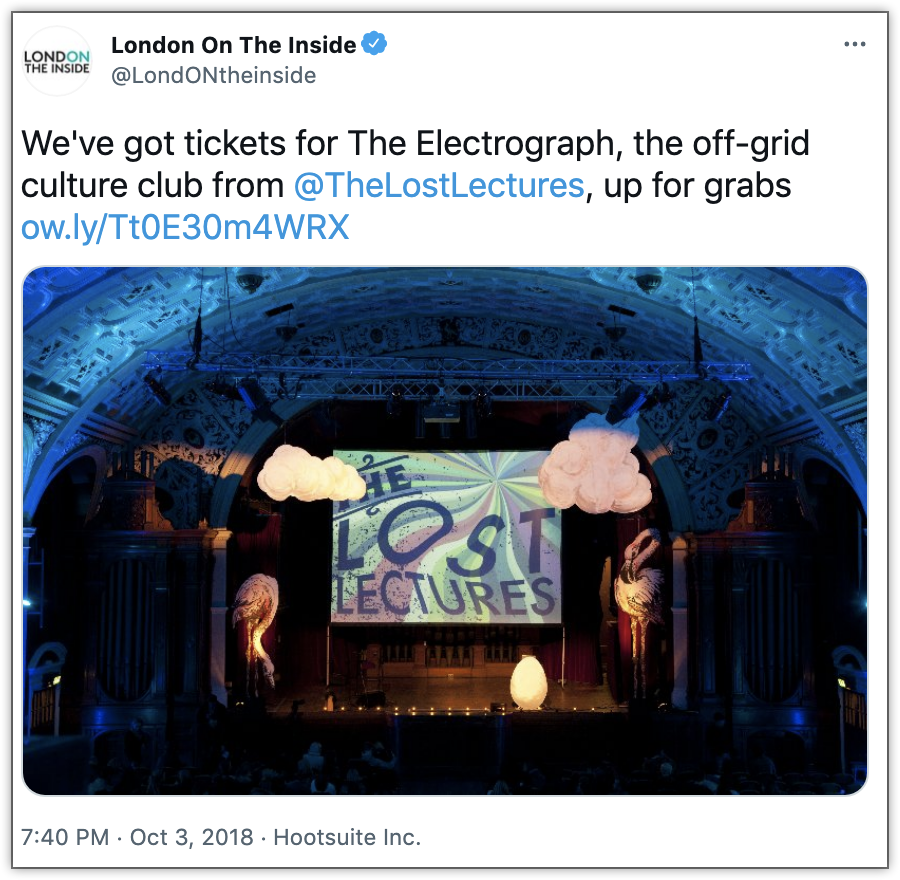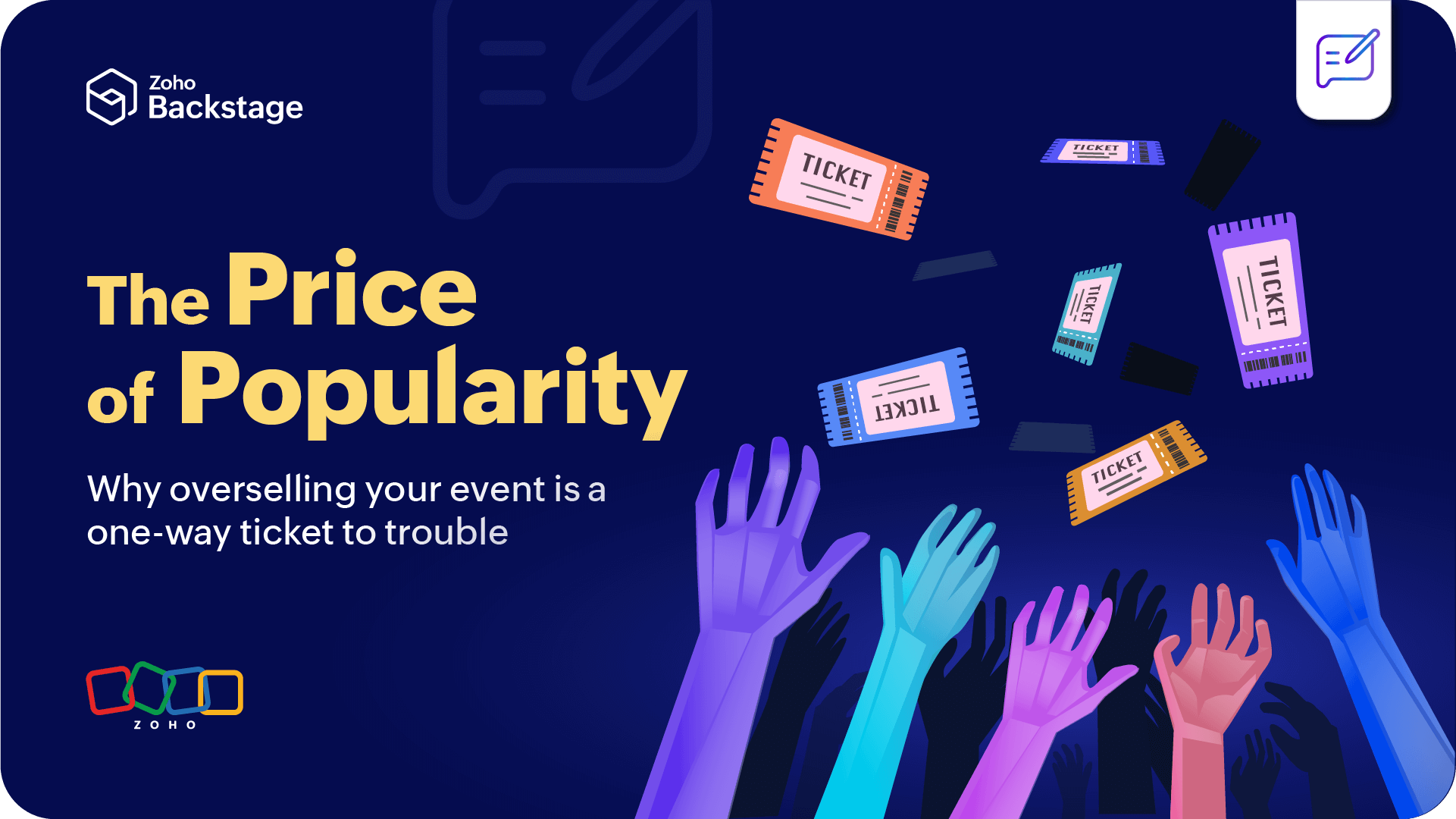Mastering event storytelling: 5 tips for event planners
- Last Updated : August 18, 2023
- 7.3K Views
- 7 Min Read

Honestly, is there anyone who doesn't love a good story? Over the years, so much of history has been lost, and yet so many stories have survived, passed on from parent to child, teacher to student, writer to reader. We may not remember the facts or the names, but we most always remember the stories. There've been a lot of studies on the hold stories have over humans. Our emotional connection to stories is powerful, and most researchers believe an interesting story can persuade even the harshest critic.
Marketers have also proved this time and again, wooing customers with well-crafted brand narratives. Famous entrepreneur Ben Horowitz calls it "an underrated skill." He further states: "You can have a great product, but a compelling story puts the company into motion. If you don't have a great story, it's hard to get people motivated to join you, to work on the product, and to get people to invest in the product."
And now storytelling is also becoming a buzzword in the event industry with event organizers understanding how valuable a good story can be to connect with attendees.
Why event storytelling?
Some of the most successful events have a story behind them. Take 29 Rooms by Refinery29 for example—the event, held at a warehouse in Brooklyn, takes attendees through 29 "distinct artistic experiences" designed around the issues that matter most to the publication. And they did it to bring their brand "to life in the real world." Now, 29 Rooms is an exciting event, but this little background story makes it all the more interesting and personal.
Done right, storytelling can do a world of good for your events. Here, we've mentioned three of the most significant benefits of event storytelling.
Storytelling creates emotional connections
The best stories leave an emotional impact on people. Research says our brains respond in a different way to stories than to other information. While with facts we look at something objectively, with stories the same thing becomes subjective. If we're interested in the story, we become emotionally invested in the product.
So what does this mean for events? With a compelling story, you can set your event apart from the crowd, get people to relate to your event's purpose (and buy tickets to it), and help create a connection with your attendees that lasts even after the event is over. However, there is one caveat—you have to be honest and authentic in your storytelling. For example, you shouldn't make your event's purpose something that isn't true to your brand just because saying it sounds good.
Storytelling sustains attention
One of the best storytellers ever, Margaret Atwood, puts this best:
"You can teach by maxims —'Don’t swim with crocodiles' — which always sounds a bit like nagging. Or you can tell the story of Thrdj, who paid no attention and went swimming with crocodiles. Suddenly the river turned red, and then Thrdj washed ashore minus his head. Thrdj without a head wins hands-down, wouldn’t you say?
Short answer: we’re hard-wired for stories. Small children understand This happens and then This before they can talk."
(In an email conversation with LifeLabs Learning)
Numerous studies also say the same thing. Data makes more sense when it's communicated through narratives. This is because, when listening to a story, all our sensory areas light up, almost like we're experiencing the story. So the next time you host an event, get speakers to include a story or two in their talks. Then ask attendees how they liked the session. We promise you their response will quite positive (because they actually listened). That is, of course, if the story is good.
Storytelling humanizes your event
In the last point, we saw how our brains responded to stories. This point is about the endocrine system. Stories release quite a bit of "oxytocin"—a feel-good hormone that's also related to the feeling of empathy. This means a good story can make people empathize with you and help you—by buying tickets, supporting your cause, and patronizing your brand.
Some ways to make your event more relatable to your attendees is by highlighting its "transcendent" or higher purpose (the one that's above your bottom line). For Refinery29, it was to create "a visually stunning stage for creative expressionists, an invitation to dream bigger." The lesson here is to give your event a purpose and make that purpose a story that can tug at people's feelings.
Subscribe to The Green Room
Sign up here and get all the most relevant MICE industry content delivered right to your inbox once a month.
By submitting this form, you agree to the processing of personal data according to our Privacy policy.
5 strategies to leverage storytelling at your event
Storytelling is one of the most difficult art forms to master. While it's easy enough to figure out what your story is, telling it to your audience in a way that captivates them is a whole different thing. However, every trade does come with a few hacks, and while these tips might not make you a master storyteller, they will help you make the best of your available resources.
Give your stories a personal touch
Do you know why a lot of novelists prefer the first-person point of view when telling stories? Because it's easier to get the character into the head of the reader, to make the story more personal and create an emotional bond between the two. Your stories should be the same—they've got to feel real to your audience. It should be about your brand and your attendee.
Deny one a place in the story and what you'll have is a story that's not relatable. And if you can't relate to it, you can't empathize. And isn't empathy one of the main goals of event storytelling? Your event depends on your attendees' trust and cooperation, so don't be afraid to get personal. You can even share a few failures (as long as they have good lessons and happy endings) to humanize your event and your brand.
Leverage all mediums
With stories, at least half the impact depends on your delivery. Traditionally, stories are narrated through novels, poetry, movies, dance, and paintings. Every medium leaves its own unique imprint on the story. Even now, people love to argue whether a story is better as a book or a movie. So mix up the medium to attract a wider range of your target audience. Print, audio, video, 3D—they all change the story and attract different segments of your audience.
Even your event swag bag can tell your brand story. If you're a sustainable brand, use jute bags to prove it. The art on the bag can speak to people's tastes, as can the content. You can tell your story with anything if you're creative and willing to think out of the box.
Try some visual storytelling
They didn't say a picture is worth a thousand words for no reason. And with so many digital mediums at our disposal today, visual storytelling is easier than ever, not to mention more immersive. You could use photos, videos, or even cartoon animations if they'd suit your audience's taste. Even something as simple as visual metaphors can heighten people's interest in your story. Also, when you use visual storytelling to market your event on social media, you've got a ton of tools to measure the impact of your posts.
One of the best examples of visual storytelling is the Burning Man festival—just this one video does more justice to their story than, say, a thousand words.

Make technology an asset
Today, your smartphone is probably the only camera you'll need. You can create professional videos with affordable movie editing software right from your home. And then there's all that cool event technology like holograms and virtual reality that can really make the story come alive for your attendees. Even something as simple as your event's lighting can contribute to your story's mood.
The Lost Labs, for example, "re-imagines" traditional lectures with their Lost Lectures, which are held in outlandish hideouts. Their aim is to inspire their millennial audience through immersive experiences designed with creative technology.

Understand your audience
This is the one cardinal rule of storytelling—know for whom you're writing. Take the time to study your target market. Find out who they are as people, what problems they face, and why they attend events. Once you have all the data, you can then create "attendee personas" by grouping attendees with similar characteristics together. This way, you can better profile your attendees.
A typical B2B conference will have clients, prospects, and partners—and each of their needs differ. So, you're actually creating a "story" that's relatable to all three attendee personas. Of course, you can further classify these three types based on location, age, gender, and more to get to the nuanced details. The more you know them, the better you can relate to them. Also, when you know who your attendees are, you get to tell your story through the medium they like best, be it through photos, videos, or even good old PR stories.
The success of your event story depends on how it's perceived by your audience. As your audience changes, so will the types of narratives you create. You'll have to find new ways to tell the story. You'll probably change your medium, there'll be more technology at hand, and you might even create a new character or two. That's why the best storytellers tell you there is no "perfect" story. So anytime you find your story getting old or stale, don't be afraid to start over again.
If, like us, you're more of a social person, let's connect on Twitter (@ZohoBackstage) and we'll keep you up-to-date with all the latest event news.
 Nisha
NishaMarketing and content at Zoho Backstage. Cultural misfit. Armchair traveler. Productivity geek. Sometimes, I write poetry. Sometimes, it rhymes.








